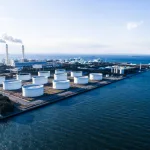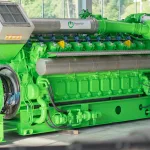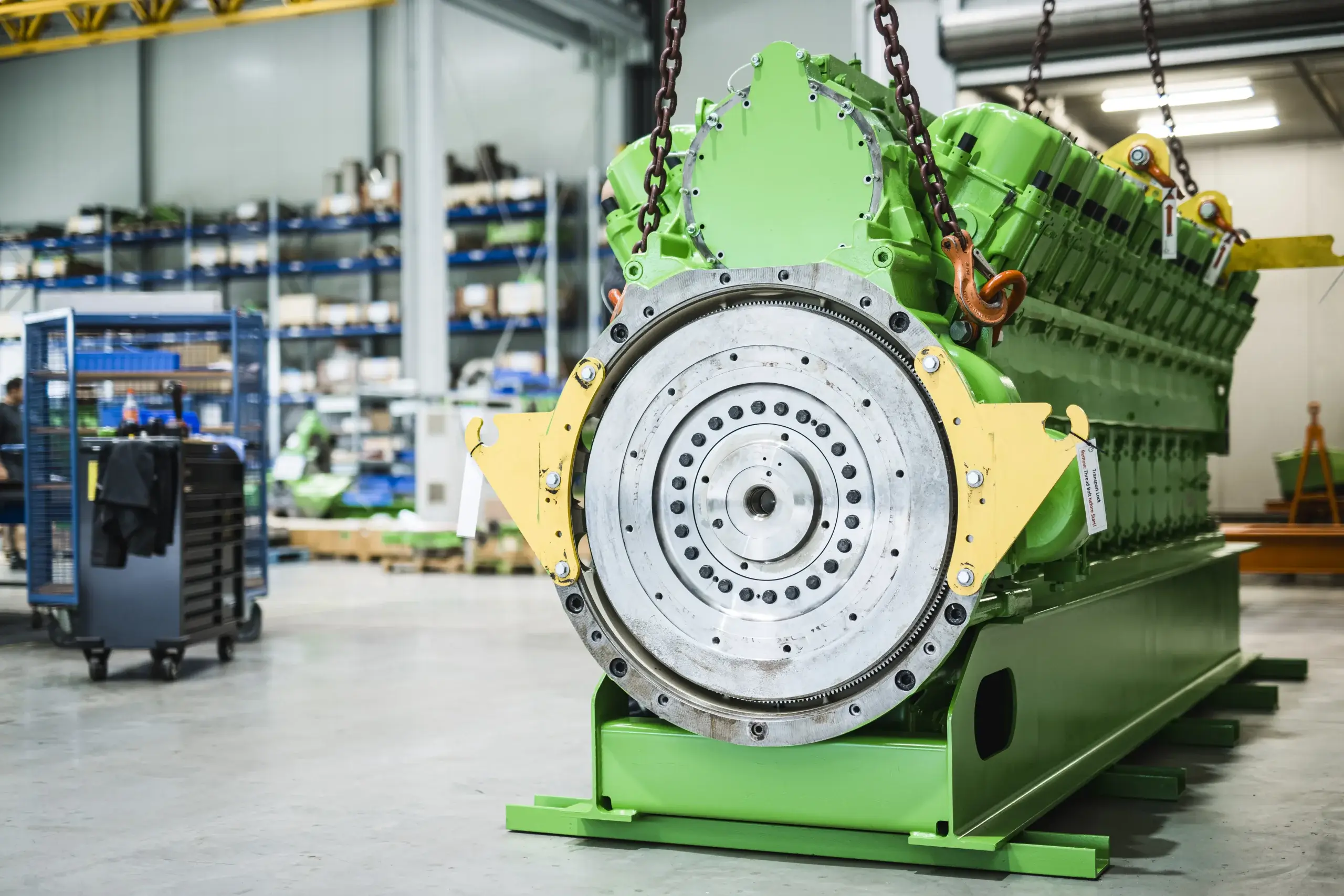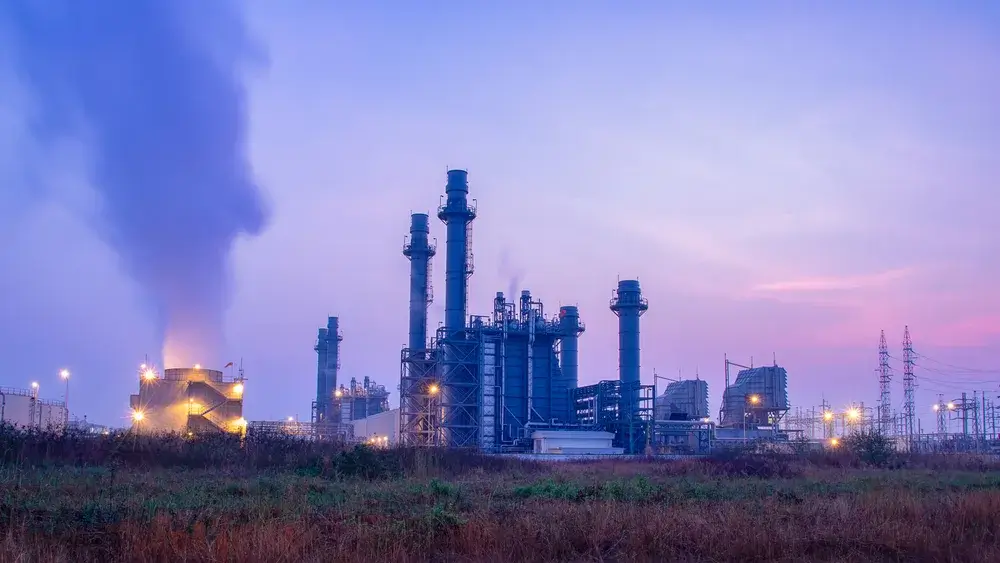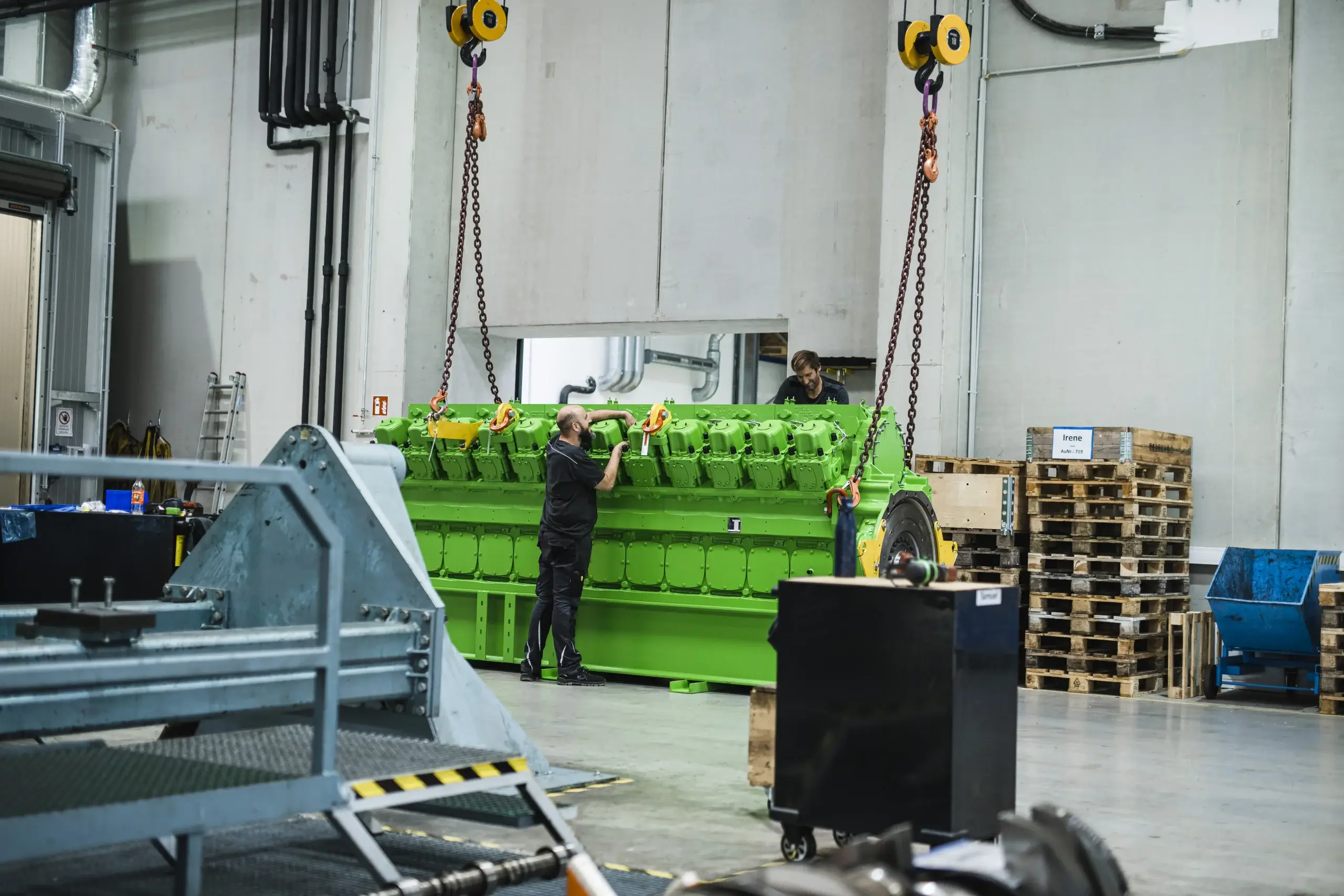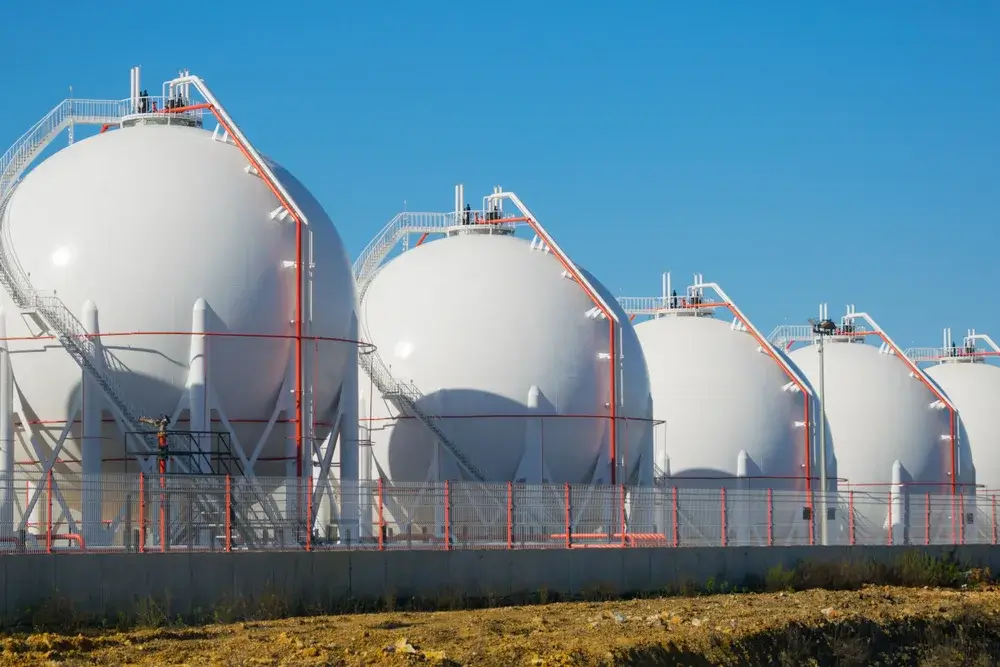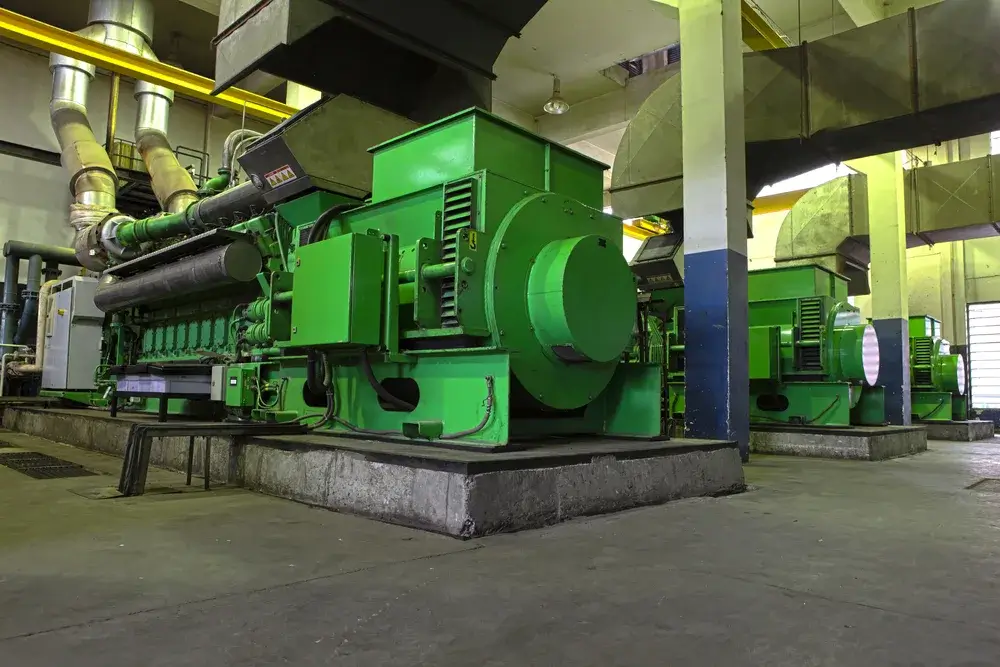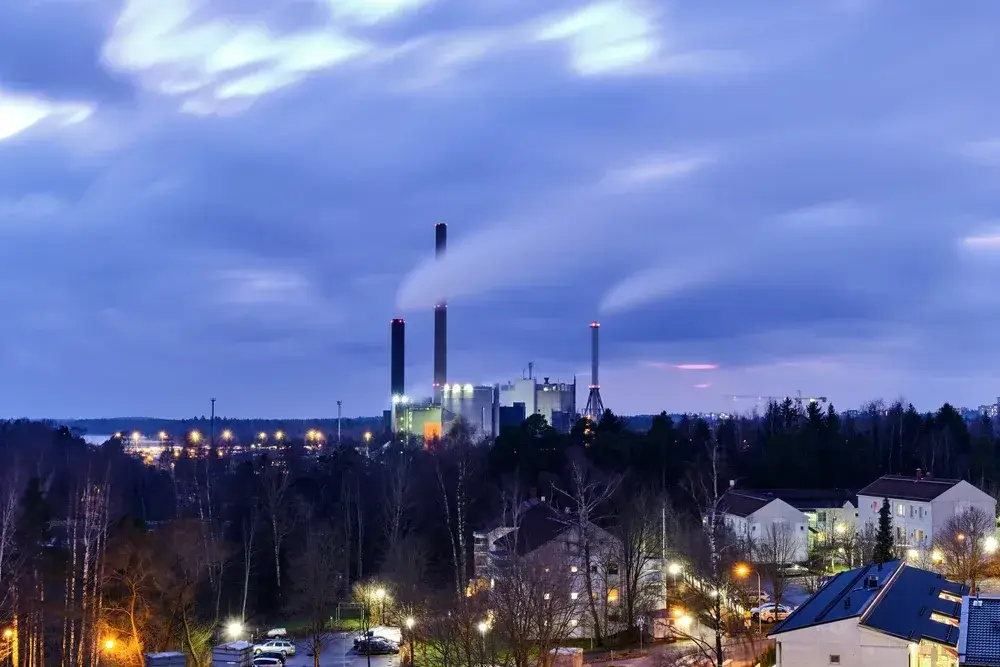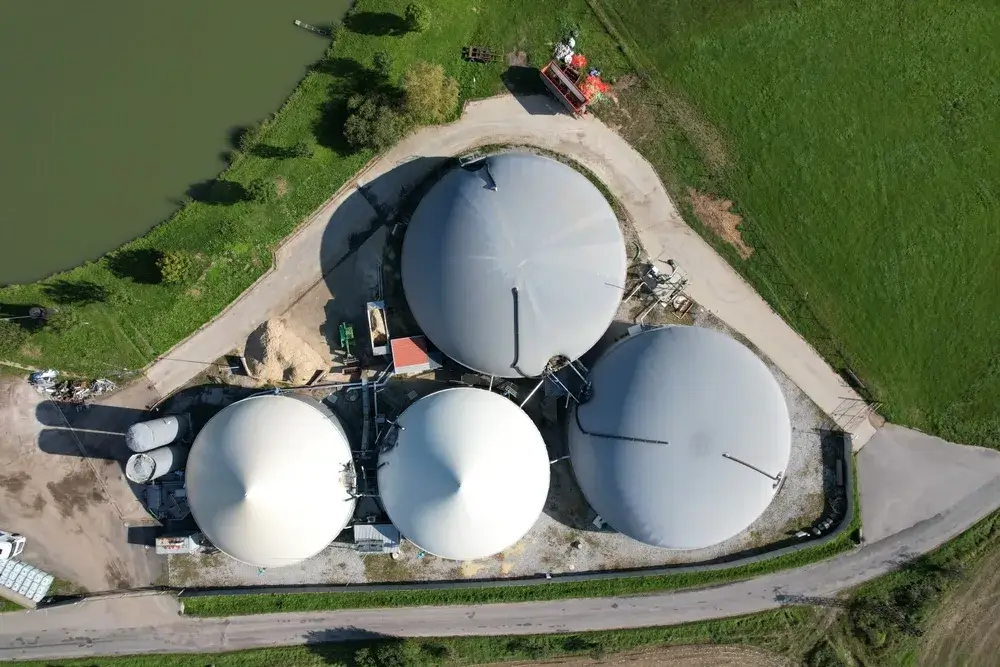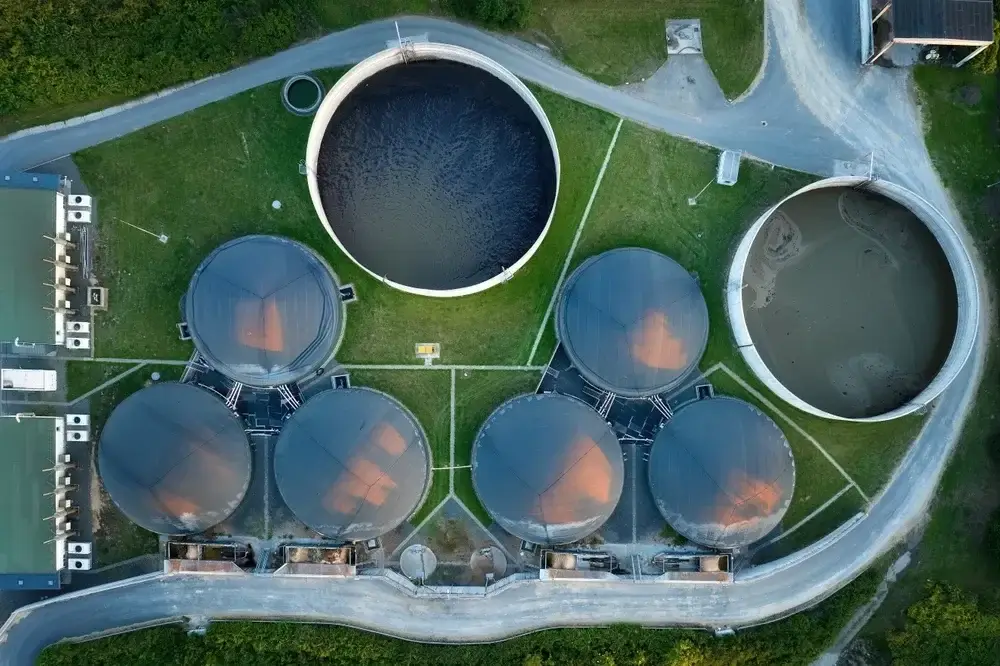What is an Independent Power Producer (IPP)?
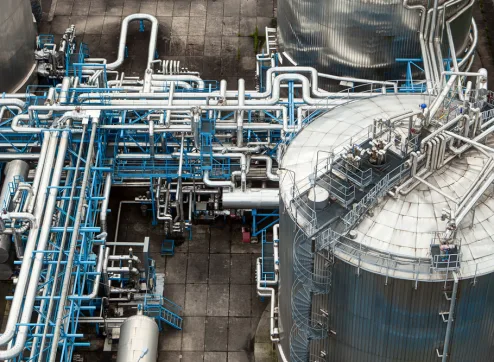
An Independent Power Producer (IPP) is a company that, with the help of a power plant, generates and sells electricity, but does not own the transmission infrastructure. IPPs operate independently of national power supply companies and produce energy for the purpose of supplying the public power grid or specific end users.
IPPs have the ability to utilize both conventional and renewable energy sources, like natural gas or biogas. The integration of IPPs into the energy market promotes competition, diversifies energy generation, and can accelerate investments in renewable technologies.
The origins of independent power production
The origins of independent electricity production can be traced back to the need for diversified and decentralized energy generation. With the liberalization of energy markets in the 1980s and 1990s, IPPs were given the opportunity to operate alongside traditional providers in the energy industry.
This development has enabled smaller companies and investors to enter the power generation market and promote innovative and efficient technologies, while also increasing competition and price transparency for consumers.
Growth and acceptance in the global energy market
The growth of IPPs in the global energy market reflects the desire for efficient and sustainable energy production. The acceptance of IPPs has particularly increased in countries that have deregulated and privatized their energy markets. This has led to increased competition and innovation.
Today, Independent Power Producers (IPPs) have become a vital cornerstone of the energy landscape. With a power purchase agreement (PPA), hey offer flexible solutions, drive investments in renewable energy, and contribute to the stability of the energy supply system.
Significance and Role of IPPs in the Energy Sector
Independent power producers play a crucial role in the energy sector by introducing diversity and competition into traditionally monopolistic markets. They promote innovation by frequently investing in new technologies and renewable energy sources.
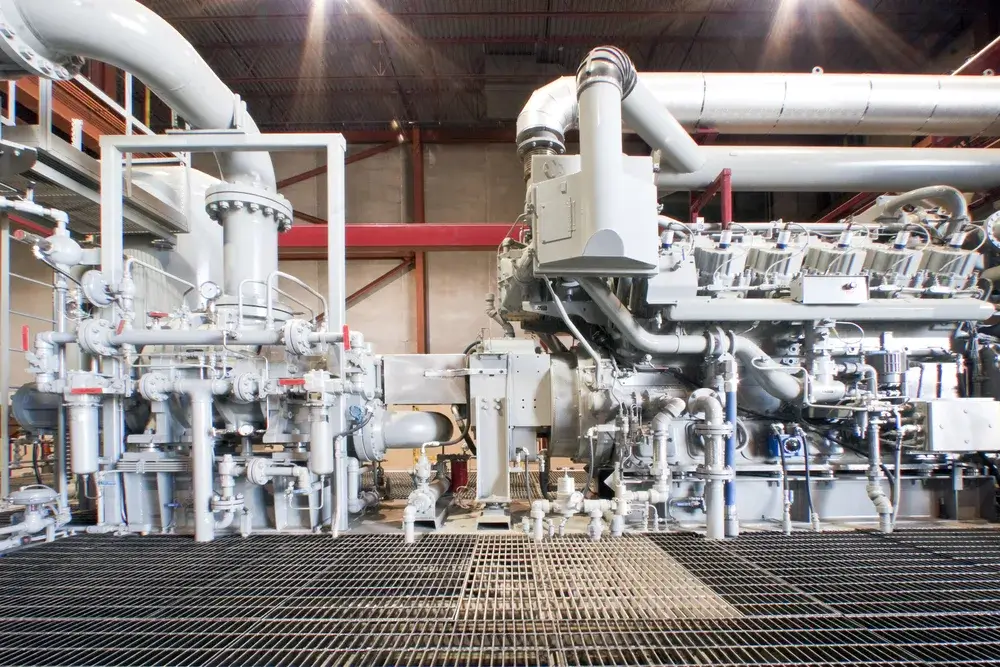
Furthermore, IPPs provides flexible and customized electricity generation that aligns with the requirements of contemporary consumers. Their expanding presence guarantees a dependable, efficient, and sustainable energy supply and energy storage that aids in the progression of the energy transition process.
Benefits of IPPs
Independent power producers offer several advantages in the energy sector. Firstly, they enhance competitiveness, which can result in lower prices for consumers.
Secondly, their flexibility enables them to respond rapidly to market demand and fluctuations.
Next, Independent Power Producers (IPPs) frequently invest in advanced and renewable technologies, thereby expediting the transition towards a more sustainable and clean energy future. Moreover, they diminish reliance on centralized power generation facilities, subsequently bolstering the security of energy supply.
Their decentralized nature promotes local energy generation and distribution, thereby reducing energy losses through transmission. Ultimately, IPPs contribute to meeting the increasing global demand for energy by establishing new capacities.
What about emissions?
In discussing emissions related to Independent Power Producers (IPPs), it’s crucial to address the environmental impact of their operations. IPPs, which put their “product” for sale to utilities and the electricity market, vary widely in their emission levels depending on the energy sources they utilize.
While those relying on fossil fuels contribute significantly to carbon emissions, IPPs using renewable resources like biomass, wind energy, and solar offer a much cleaner alternative, aligning with global efforts to reduce greenhouse gases.
Legal and regulatory framework
The legal and regulatory framework is crucial for the functioning and growth of Independent Power Producers (IPPs). In many countries, IPP business models are governed by specific laws and regulations that define their establishment, operation, and relationship with national power grids. These regulations can cover aspects such as permits, feed-in tariffs, and network access.
IPP and PowerUP
PowerUP is familiar with the specific challenges and needs of the IPP industries and offers customized solutions to optimize the production and operation of gas engines with service and spare parts suitable for brands like MWM®, Caterpillar® and INNIO Jenbacher®.
With a deep technical understanding, a wide range of gas engines spare parts, and excellent customer service, we at PowerUP ensure that IPPs achieve their goals in terms of sustainability, cost efficiency, and operational safety while consistently staying up to date with the latest technology. Gas engine upgrades, gas engine repair and complete gas engine overhauls are our daily business. You will experience a state-of-the-art gas engine service program.

